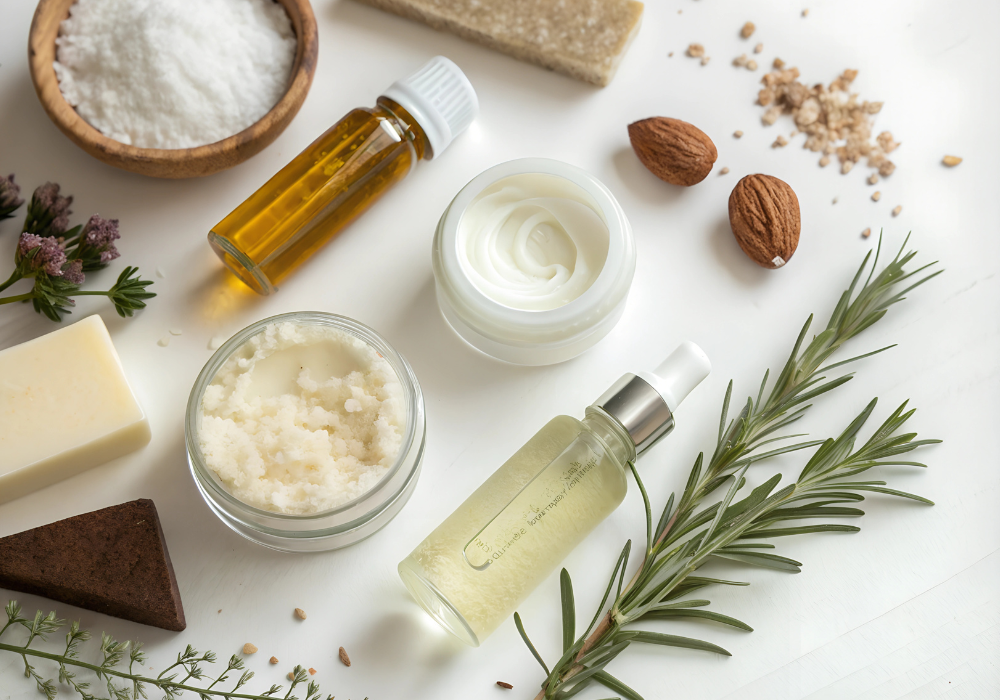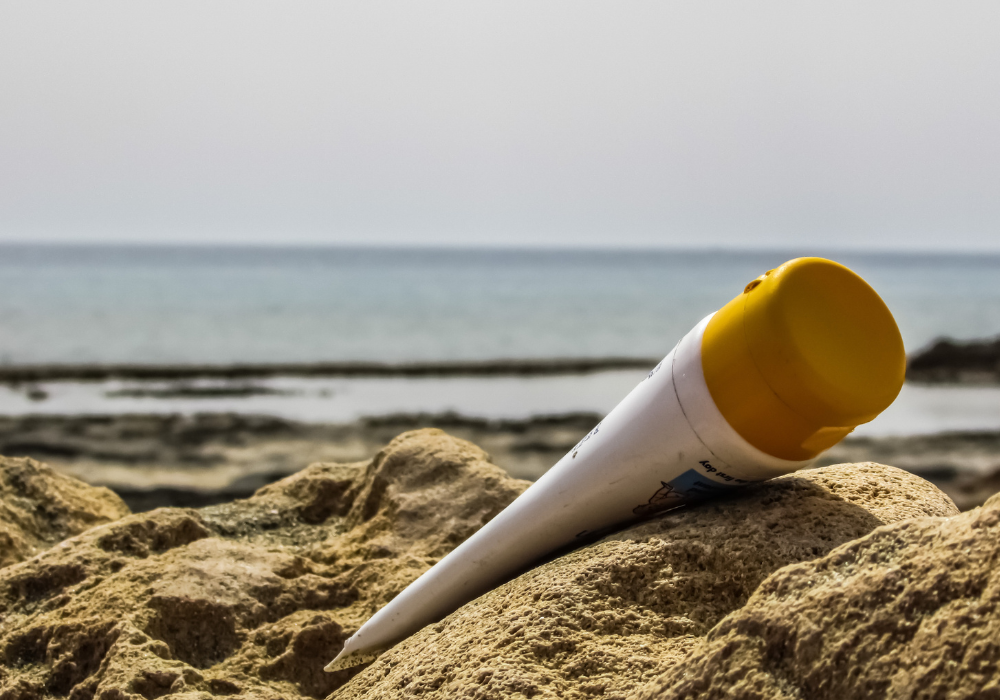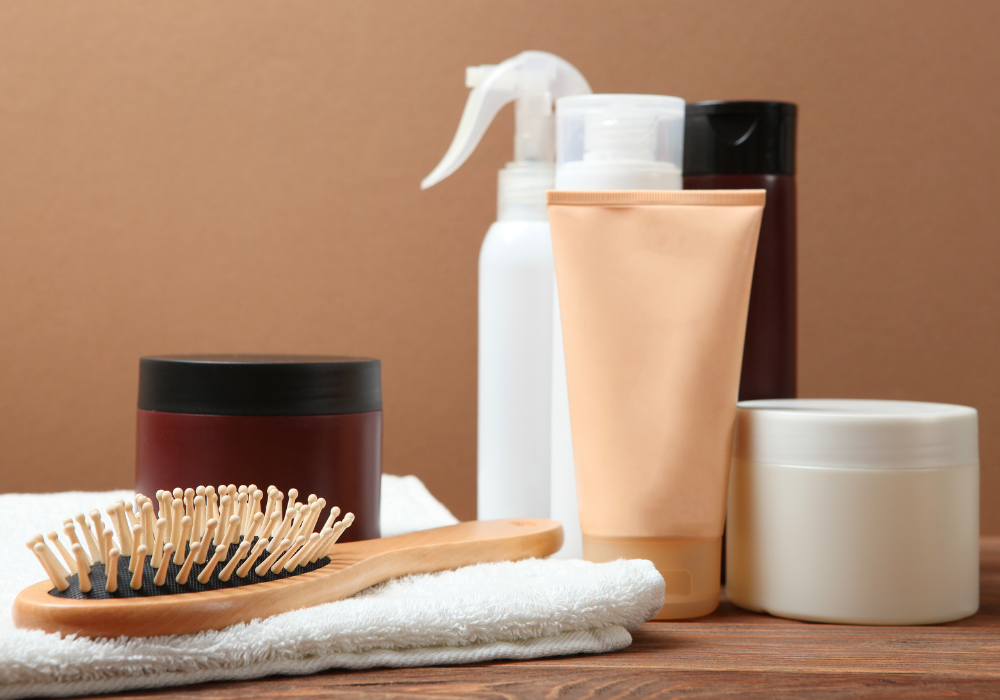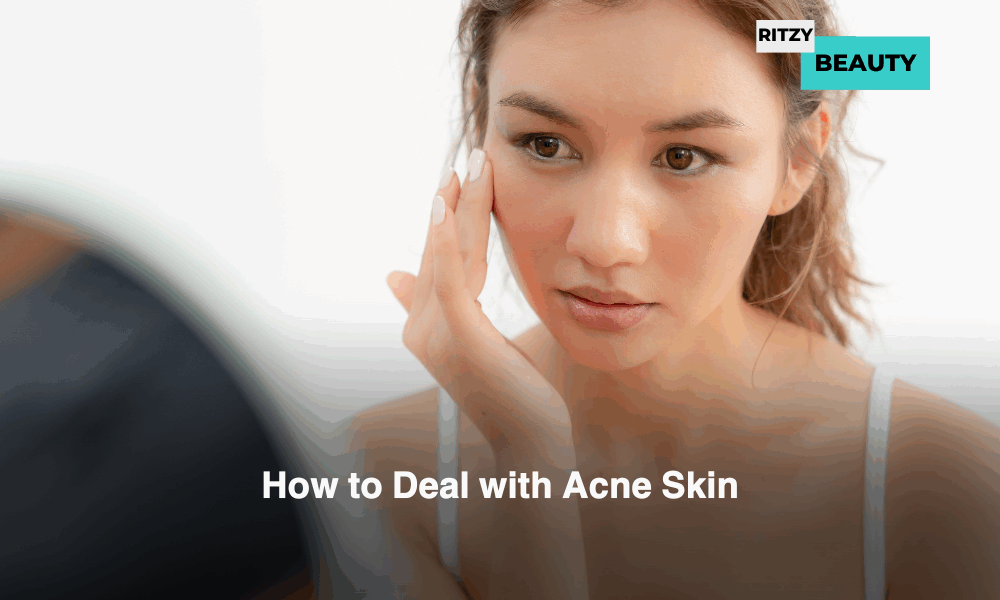How to Deal with Acne Skin
Dealing with acne-prone skin requires a consistent, gentle skincare routine combined with lifestyle adjustments to manage breakouts effectively and prevent scarring. Here are expert-backed strategies to help you care for acne skin:
1. Keep Your Skin Clean, But Don’t Overwash
Wash your face gently up to twice daily and after sweating using a mild, non-abrasive cleanser applied with your fingertips. Avoid scrubbing with washcloths or sponges, which can irritate skin and worsen acne. Overwashing or harsh cleansing can strip your skin of moisture, triggering more oil production and breakouts.

2. Choose the Right Skincare Products
Use gentle, alcohol-free, non-comedogenic products designed for acne-prone skin. Avoid astringents, toners, and exfoliants that can dry or irritate your skin. Moisturizing is essential even for oily skin—opt for oil-free, fragrance-free moisturizers with hydrating ingredients like glycerin or hyaluronic acid to maintain skin balance.
3. Targeted Acne Treatments
Over-the-counter treatments containing benzoyl peroxide (effective against inflammatory acne), salicylic acid (helps unclog pores), or sulfur (gentle exfoliant) can reduce pimples. However, avoid mixing potent ingredients like salicylic acid and retinol without guidance, as this may cause irritation. For hormonal acne, products with salicylic or glycolic acid and topical retinoids can help clear pores and promote cell turnover.
4. Avoid Touching or Picking Your Face
Hands transfer dirt and oil to your face, which can worsen acne. Picking or popping pimples increases inflammation, prolongs healing, and raises the risk of scarring and dark marks known as post-inflammatory hyperpigmentation.

5. Protect Your Skin from the Sun
Sun exposure worsens acne scars and dark spots by stimulating melanin production. Use a broad-spectrum, water-resistant sunscreen with at least SPF 30 labeled “non-comedogenic” daily, even on cloudy days. Wear sun-protective clothing and avoid tanning beds.

6. Manage Hair and Hygiene
Shampoo regularly to prevent oily hair from contributing to forehead acne. Keep hair away from your face. Change pillowcases and bed sheets weekly to reduce oil and dirt buildup that can transfer to your skin overnight.
7. Lifestyle Considerations
Diet and stress can influence acne. Reducing high glycemic foods and dairy intake may help some people. Managing stress through relaxation techniques can also reduce hormonal triggers of acne.
8. Seek Professional Help When Needed
If acne persists despite these measures, consult a board-certified dermatologist. They can prescribe stronger medications, perform procedures like chemical peels or laser therapy, and tailor a treatment plan to your skin’s needs.
By adopting a gentle, consistent skincare routine, protecting your skin from sun damage, and avoiding habits that aggravate acne, you can effectively manage acne-prone skin and reduce the risk of long-term scarring. Patience is key, as improvement often takes several weeks to months.



